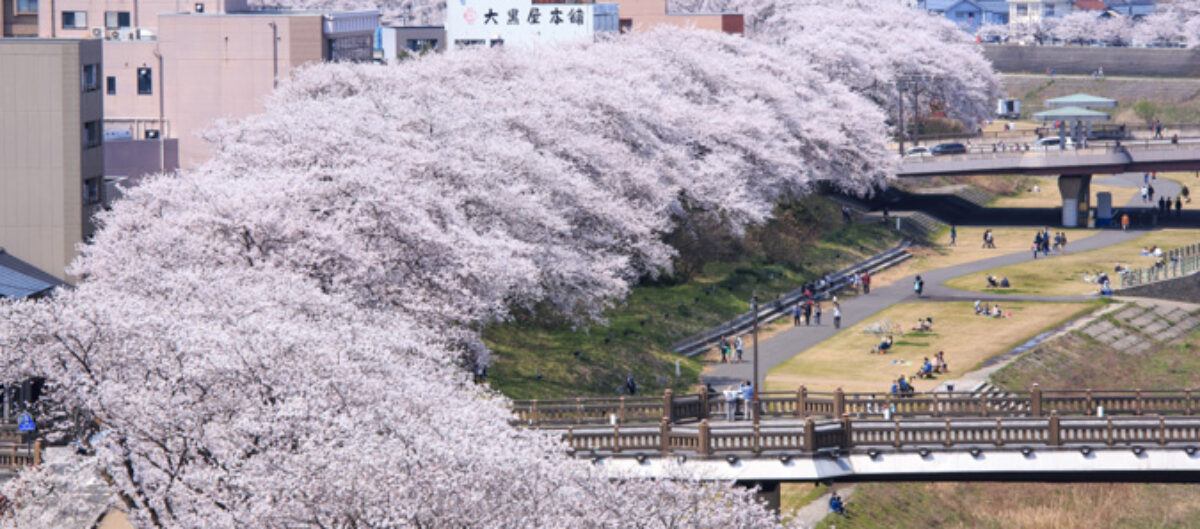

December/23/2018
Zen is a form of Buddhism that developed in China in the eighth century. It was imported to Japan in the 13th century and soon became an important part of Japanese Culture. The essential principles of Zen are “transcendental wisdom” and “compassion.”
These days a lot of Western people practice Zen. For example, Steve Jobs, the co-founder of Apple Computer, was known for this. He even thought about going to Eihei Temple in Fukui Prefecture to become a Zen monk. It’s said that Apple products have been influenced by Zen (in their simplicity, for example).


Today I went to Takahama in Fukui Prefecture, Japan, to see the birthplace of the Zen monk Shaku Soyen. It took about 10 minutes to get there from Wakasa Takahama Station.

Near the spot is Chofuku Temple, where Soyen studied in his childhood.

The sea is also nearby, and I speculated that this might have made him long to go abroad.
Soyen was born in 1859, and he died 100 years ago. He became the master of Engaku Temple at the age of 32.
The following year, 1893, he went to Chicago and participated in the World Parliament of Religions as one of the Japanese delegates. This was the first congregation of world religions in history. He gave a speech entitled “The Law of Cause and Effect, as Taught by Buddha.” It’s said that this was the first speech that introduced Zen to the West.

Daisetz Suzuki was a Buddhist scholar and a disciple of Soyen. Soyen was the one who gave Suzuki the Buddhist lay name “Daisetz”, and he also recommended that Suzuki go to America. Suzuki wrote a lot of English books about Zen and Buddhism, and thanks to him Zen began to spread around the world.

Natsume Soseki was a Japanese novelist who was considered his country’s “national” writer, much like Charlies Dickens in England. Soseki was also a disciple of Soyen. One of his novels, The Gate, features a Zen master who was based on Soyen. When Soseki passed away, Soyen acted as the guru at his funeral.
I hope that a lot more people find out about Shaku Soyen.
↑↑This is Soyen’s birthplace.
(References):
「釈宗演―郷土の生んだ明治の高僧―」(高浜町郷土資料館)
「釈宗演と明治」(中島美千代)(株式会社 ぷねうま舎)
「Zen 釈宗演 上・下」(高島 正嗣)(日経BP)
「釈宗演伝」(井上禅定)(禅文化研究所)
「対訳 禅と日本文化 Zen and Japanese Culture」 (著:Daisetz Suzuki 翻訳:北川桃雄)(講談社インターナショナル)
「ふるさと福井の先人 100人」(福井県教育委員会)
